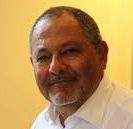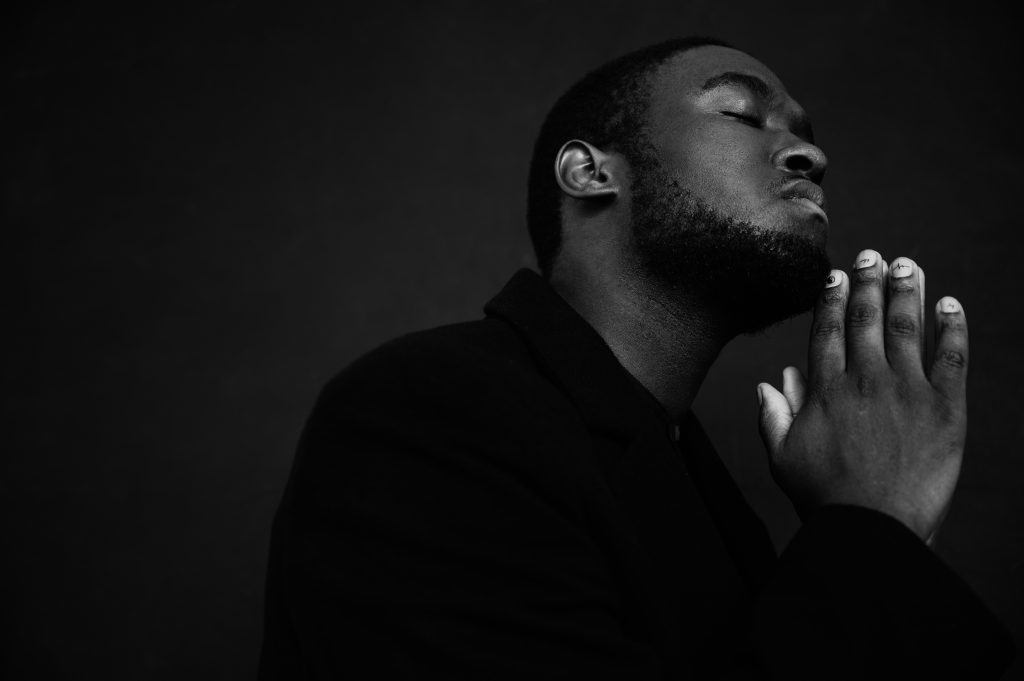The 2017 Beirut Declaration

Read the following information, then complete the reflection activity. Click NEXT to continue.
- History
In March 2017, the Office of the UN High Commissioner for Human Rights (OHCHR) launched its initiative on “Faith for Rights” with an expert workshop in Beirut. This initiative provided space for a cross-disciplinary reflection on the deep, and mutually enriching, connections between religions and human rights. The objective of the resulting document The Beirut Declaration on Faith for Rights is to foster the development of peaceful societies, which uphold human dignity and equality for all and where diversity is not just tolerated but fully respected and celebrated. Click the button below to read the full text of the Beirut Declaration on Faith for Rights.
- Purpose
The Beirut Declaration considers that all believers – whether theistic, non-theistic, atheistic or other – should join hands and hearts in articulating ways in which “Faith” can stand up for “Rights” more effectively so that both enhance each other. Individual and communal expression of religions or beliefs thrive and flourish in environments where human rights are protected. Similarly, human rights can benefit from deeply rooted ethical and spiritual foundations provided by religions or beliefs.
Rather than focusing on theological and doctrinal divides, the Beirut Declaration favors the identification of common ground among all religions and beliefs to uphold the dignity and equal worth of all human beings. It reaches out to persons in all regions of the world, with a view to enhancing cohesive, peaceful and respectful societies on the basis of a common action-oriented platform which is open to all.
- More Information
The Beirut Declaration on Faith for Rights provides the foundational principles of the Faith for Rights program. To learn more about the Beirut Declaration on Faith for Rights, click the button below:

Complete this reflection activity and record your thoughts in your Facilitator Journal:
The participants of the Beirut workshop contributed faith quotes to illustrate the principles found in the declaration. Choose one or two of the faith quotes. Write how you feel it relates to the purpose of Faith for Rights. Alternatively, provide a faith quote of your own to write about.
Faith Quotes
All of the following quotations from religious or belief texts were offered by participants of the Beirut workshop in relation to their own religion or belief and are merely intended to be illustrative and non-exhaustive.
“There are as many paths to God as there are souls on Earth.” (Rumi)
“Whoever preserves one life, is considered by Scripture as if one has preserved the whole world.” (Talmud,
Sanhedrin, 37,a).
“Someone who saves a person’s life is equal to someone who saves the life of all.” (Qu’ran 5:32)
“You shall love the Lord your God with all your heart, all your soul, all your strength, and with your entire mind;
and your neighbour as yourself.” (Luke 10:27)
“Let them worship the Lord of this House who saved them from hunger and saved them from fear.” (Sourat
Quraish, verses 3,4)
“A single person was created in the world, to teach that if anyone causes a single person to perish, he has
destroyed the entire world; and if anyone saves a single soul, he has saved the entire world.” (Mishna
Sanhedrin 4:5)
“Let us stand together, make statements collectively and may our thoughts be one.” (Rigveda 10:191:2)
“Just as I protect myself from unpleasant things however small, in the same way I should act towards others
with a compassionate and caring mind.” (Shantideva, A Guide to the Bodhisattva’s Way of Life)
“Let us put our minds together to see what life we can make for our children.” (Chief Sitting Bull, Lakota)
“We have designed a law and a practice for different groups. Had God willed, He would have made you a single
community, but He wanted to test you regarding what has come to you. So compete with each other in doing
good. Every one of you will return to God and He will inform you regarding the things about which you differed.”
(Qu’ran 5, 48)
“Ye are the fruits of one tree, and the leaves of one branch.” (Bahá’u’lláh)
“We perfected each soul within its built in weakness for wrong doing and its aspiration for what is right.
Succeeds he or she who elevate to the path of rightness.” (Qu’ran 91, 7-9)
“Mankind is at loss. Except those who believe in doing righteous deeds, constantly recommend it to one another
and persist in that vein.” (Qu’ran 103, 3)
“Faith is grounded in the heart when it is demonstrated by deeds.” (Hadith)
“People are either your brothers in faith, or your brothers in humanity.” (Imam Ali ibn Abi Talib)
“On the long journey of human life, Faith is the best of companions.” (Buddha)
“Oh you believers, why don’t you practice what you preach? Most hateful for God is preaching what you don’t
practice.” (Qu’ran 61: 2-3)
“Speak up for those who cannot speak for themselves, for the rights of all who are destitute. Speak up and judge
fairly; defend the rights of the poor and needy.” (Proverbs 31:8-9)
“We will ask each of you about all what you have said and done, for you are accountable” (Quran, Assaafat, 24)
“Every man’s work shall be made manifest.” (Bible, 1 Corinthians iii. 13)
“Whoever witnesses an injustice or wrong doing should change its course by his hand. If He or she cannot do
that, they by his words. If he or she is unable to do that then by their hearts. This would be the weakest of acts of
faith” (Hadith).